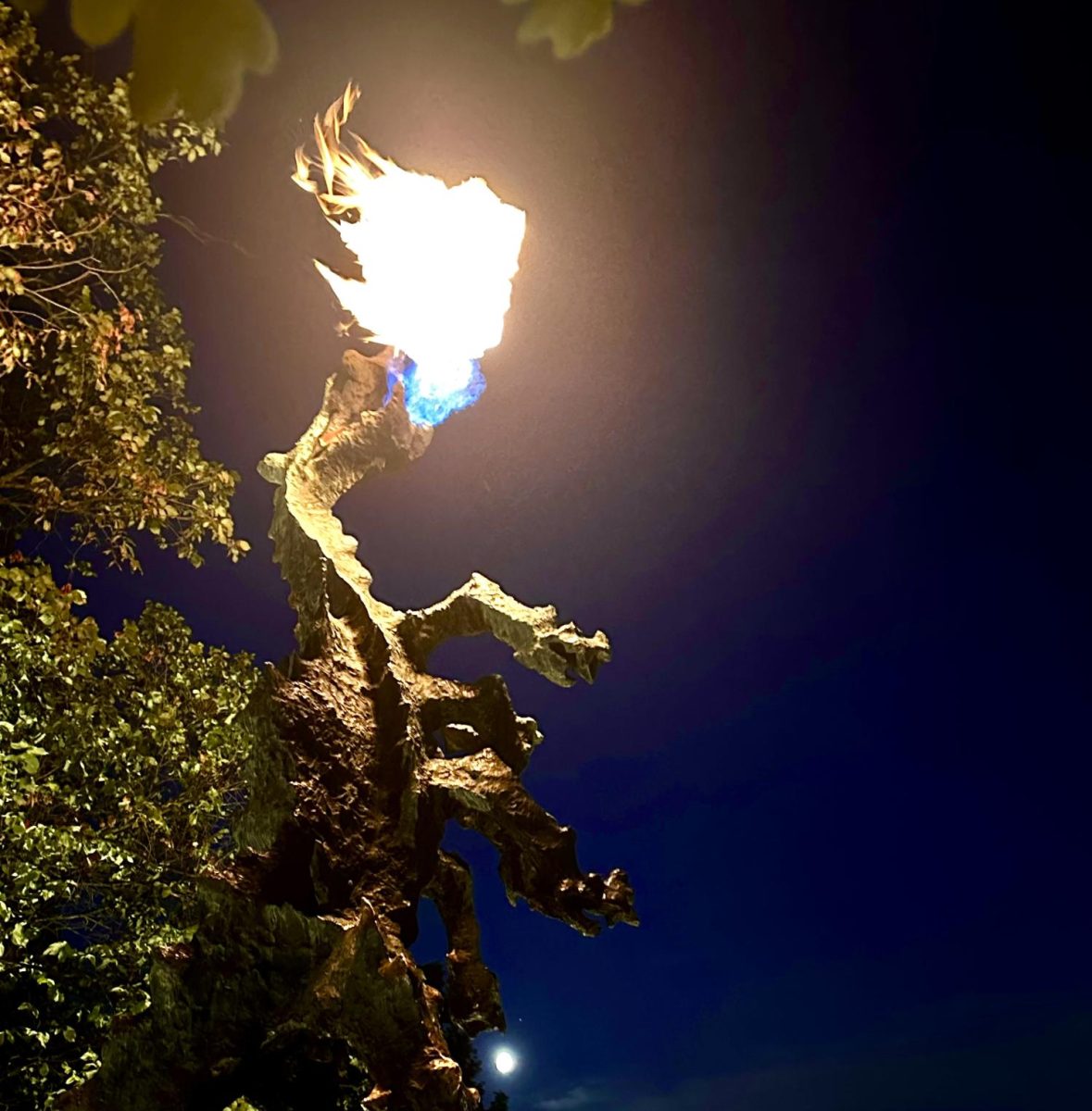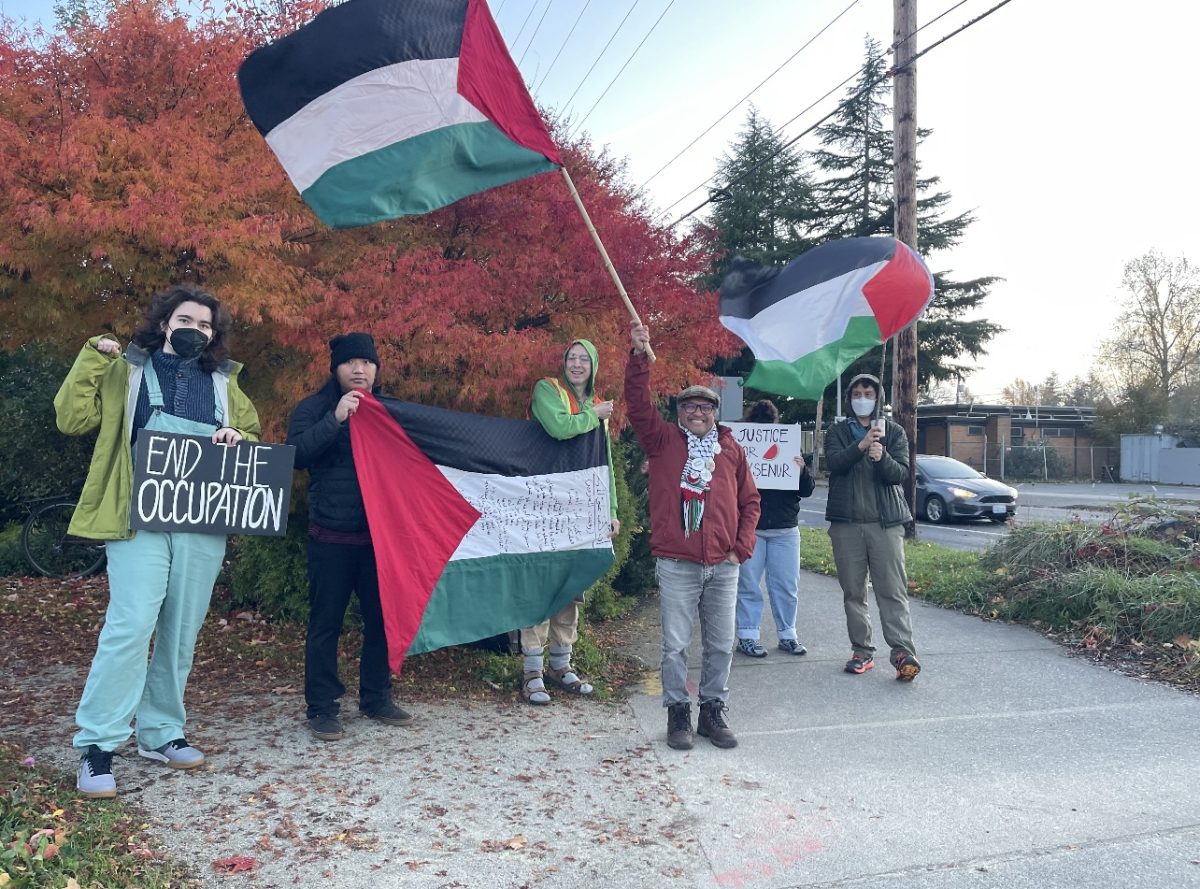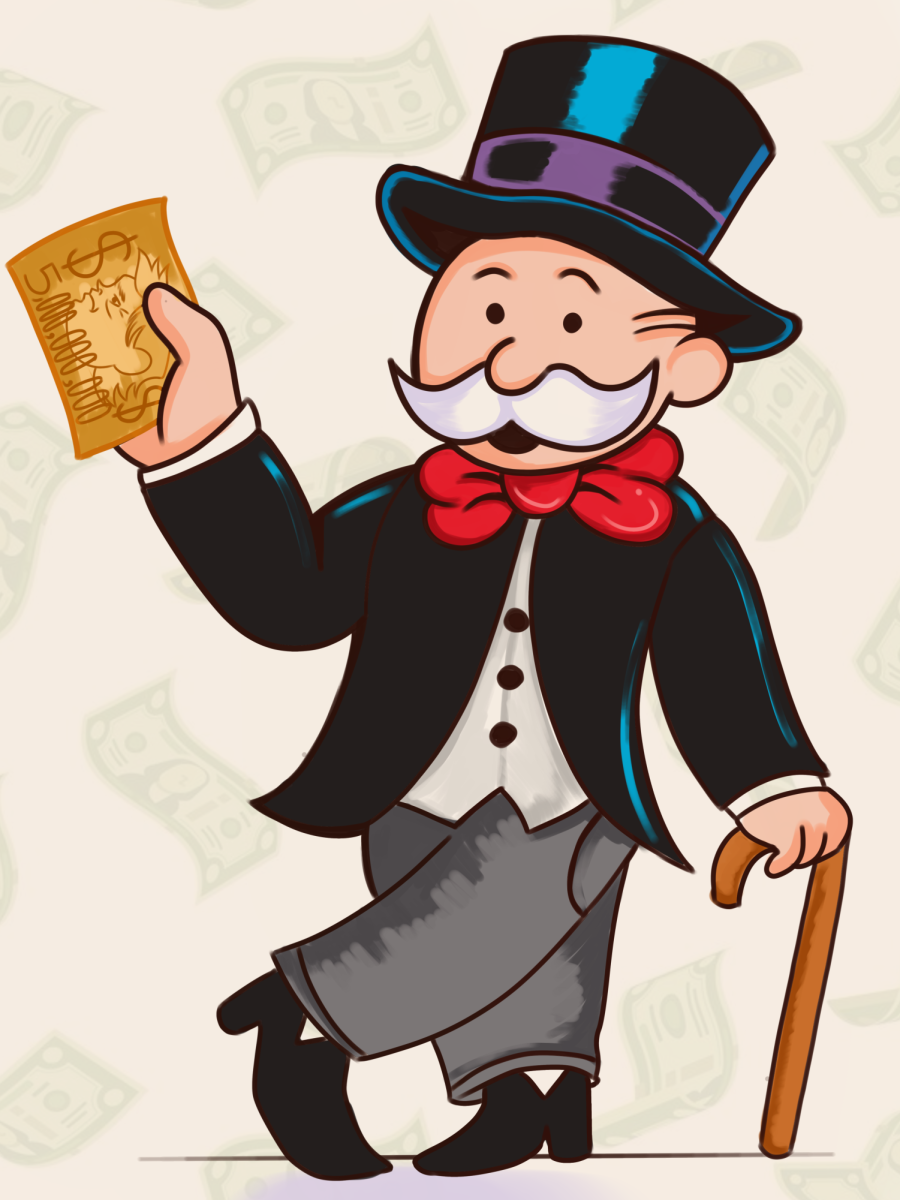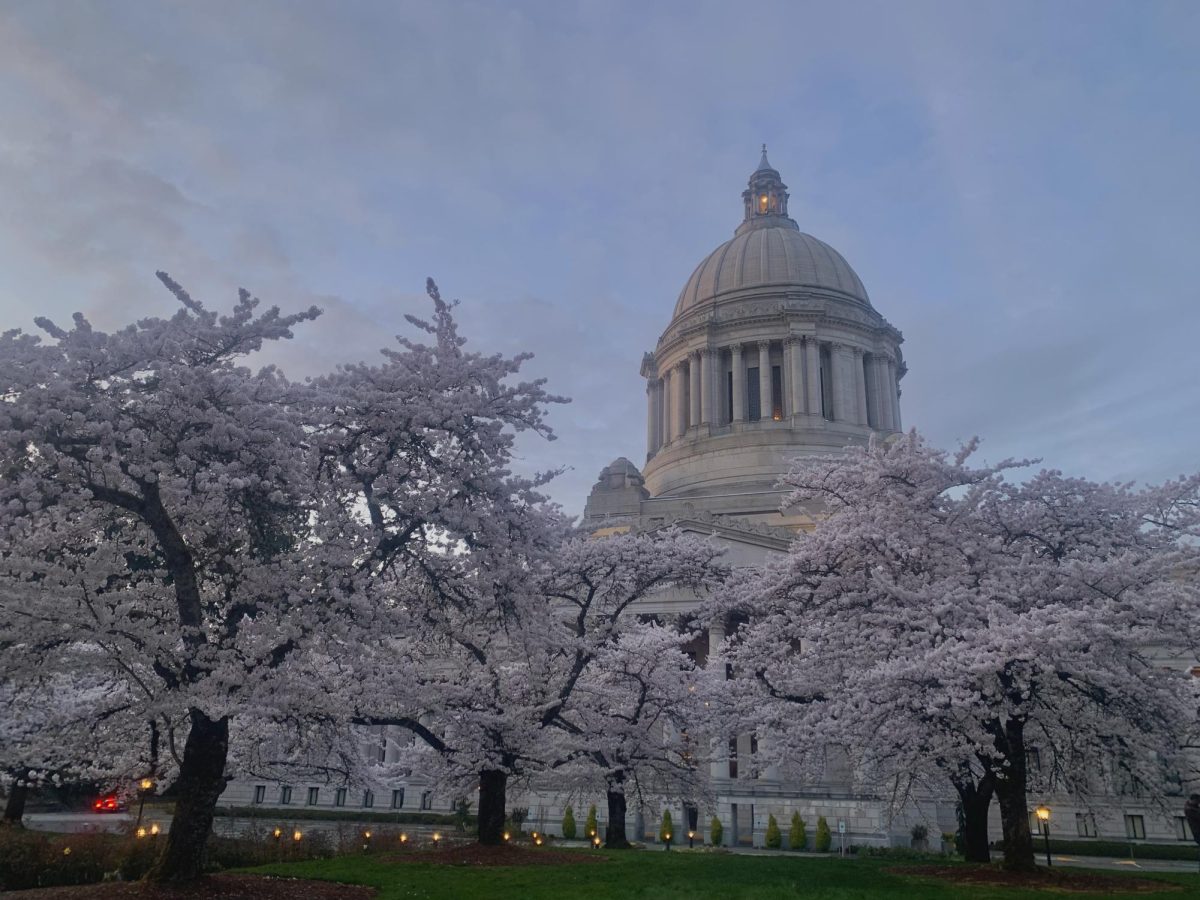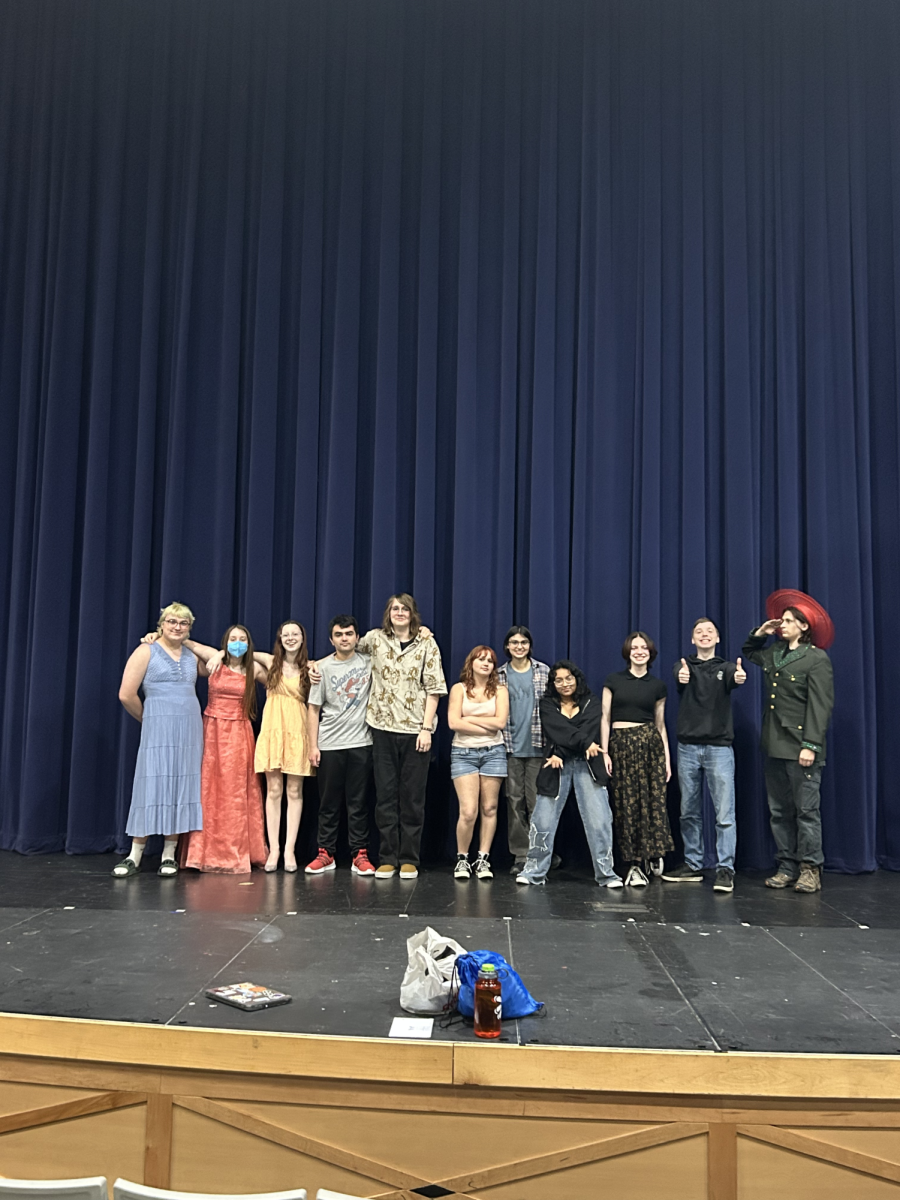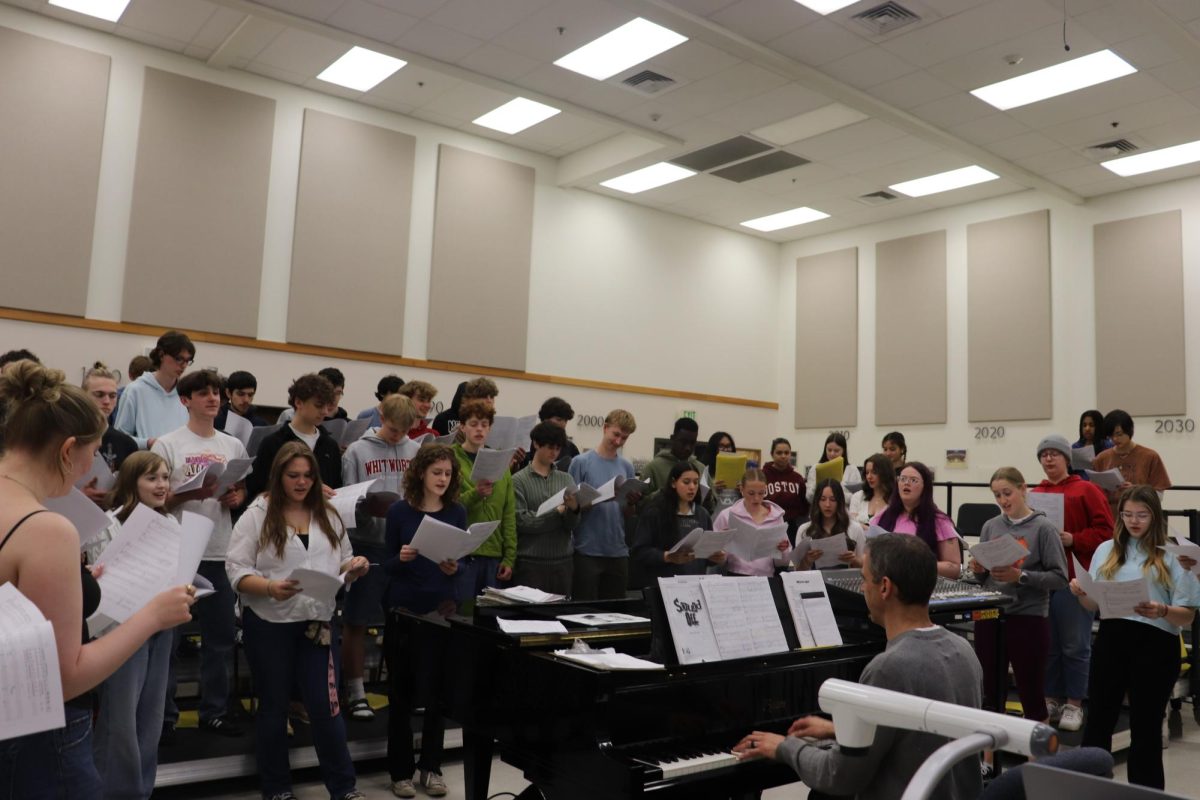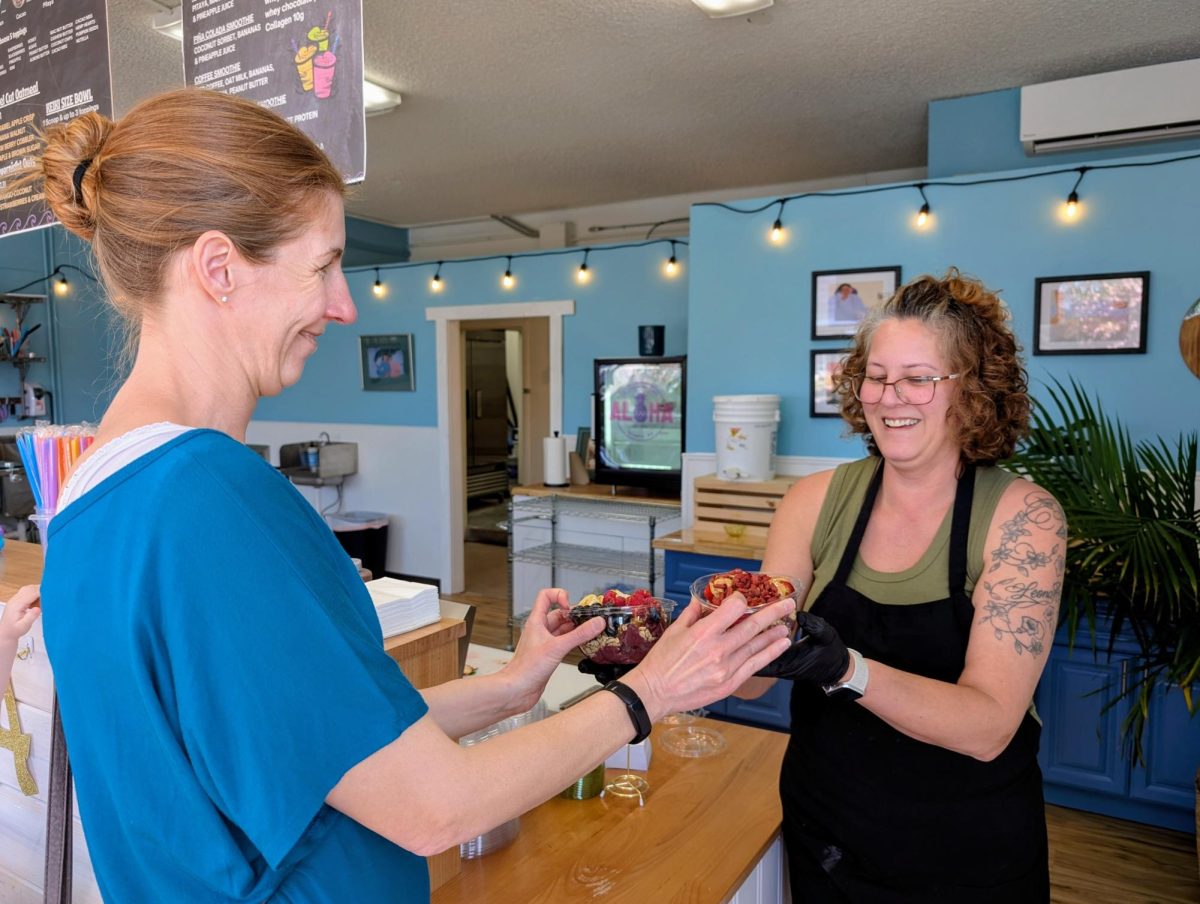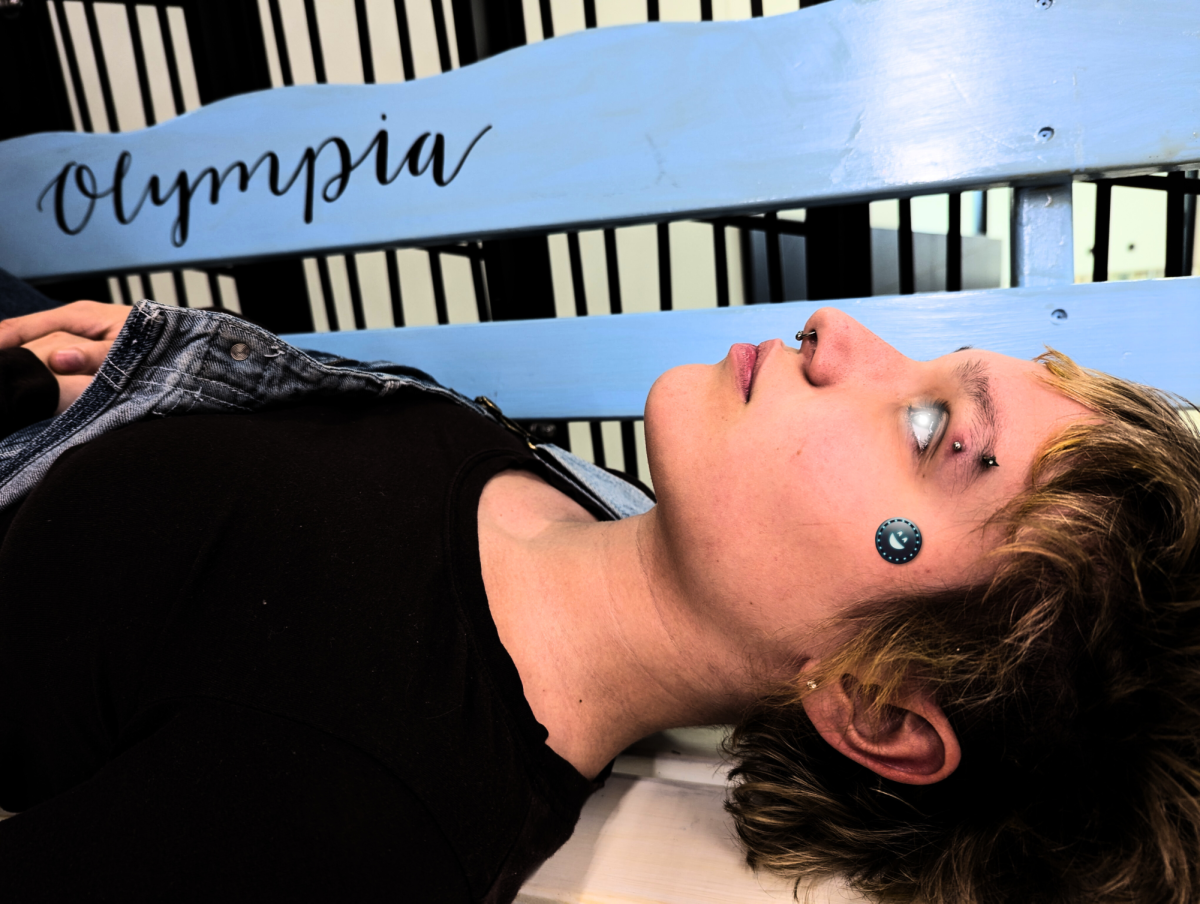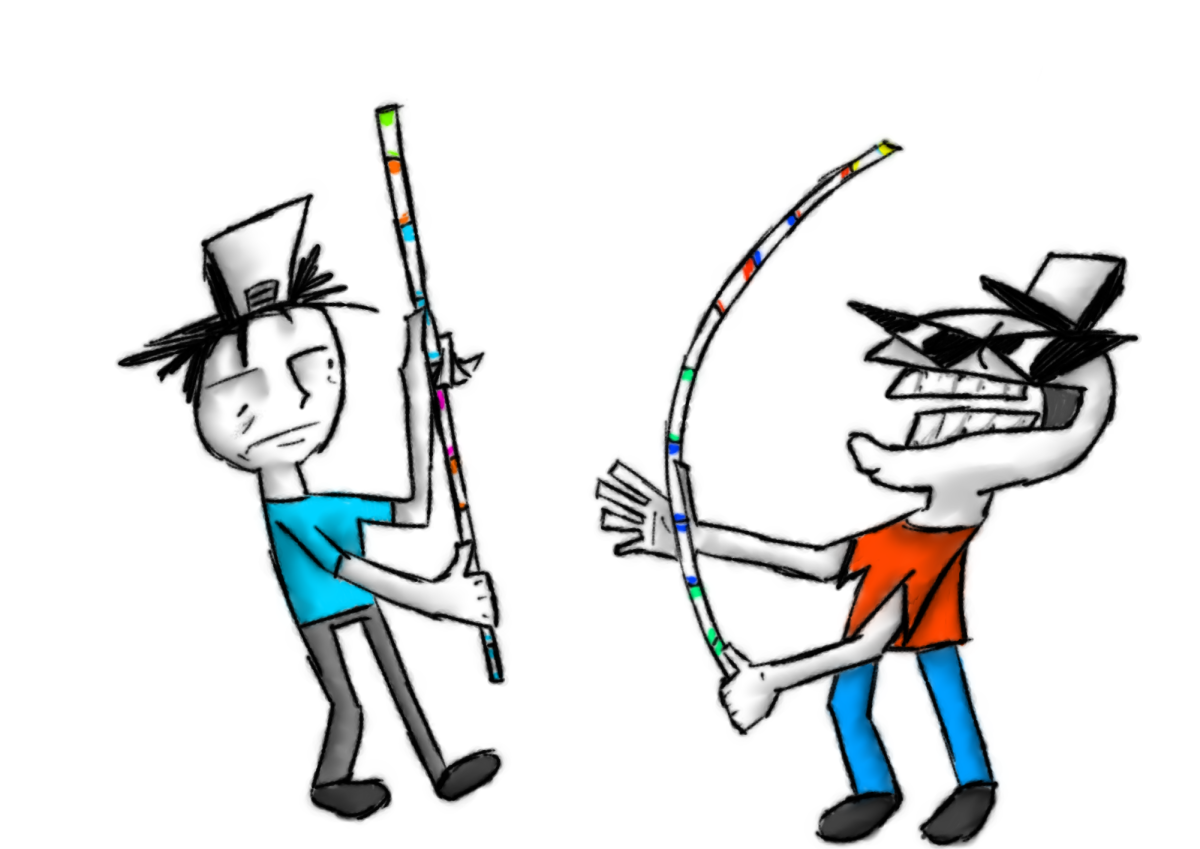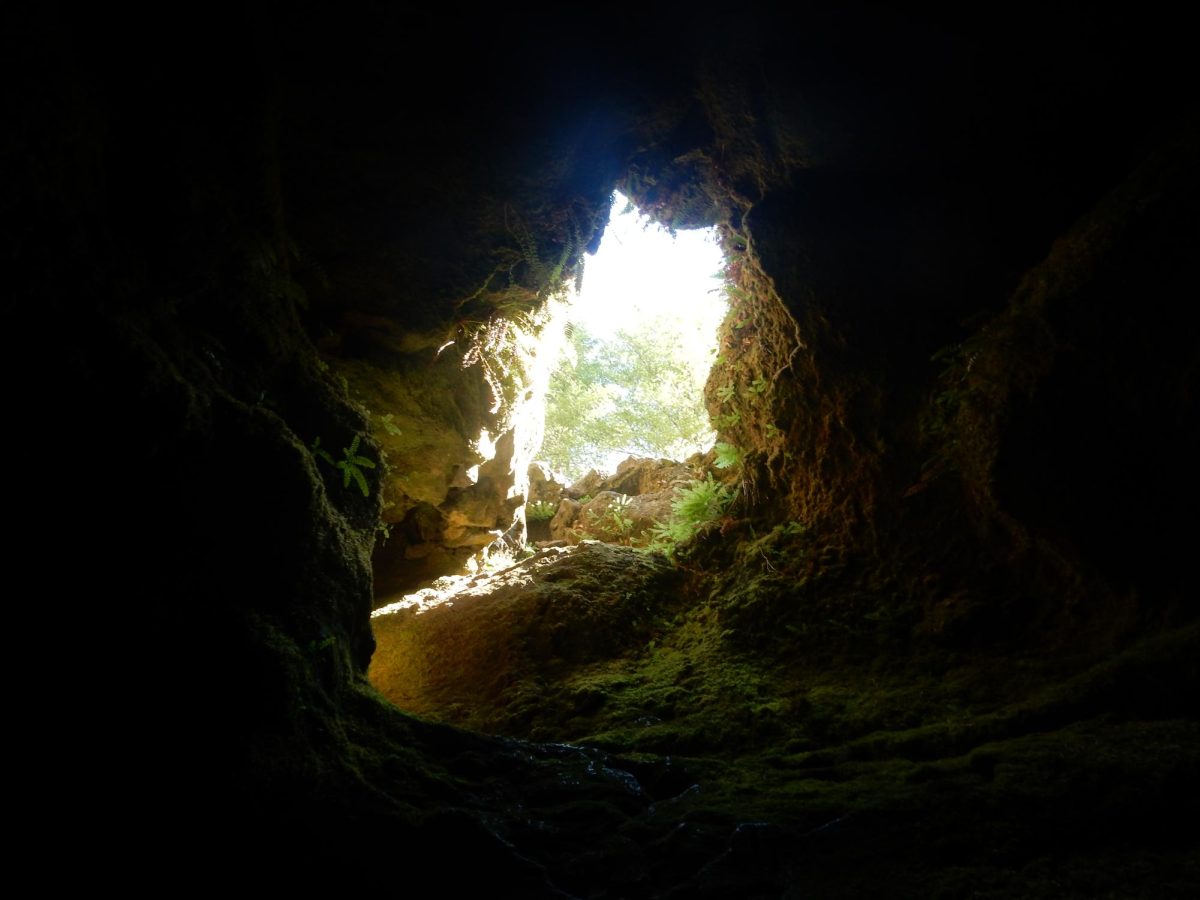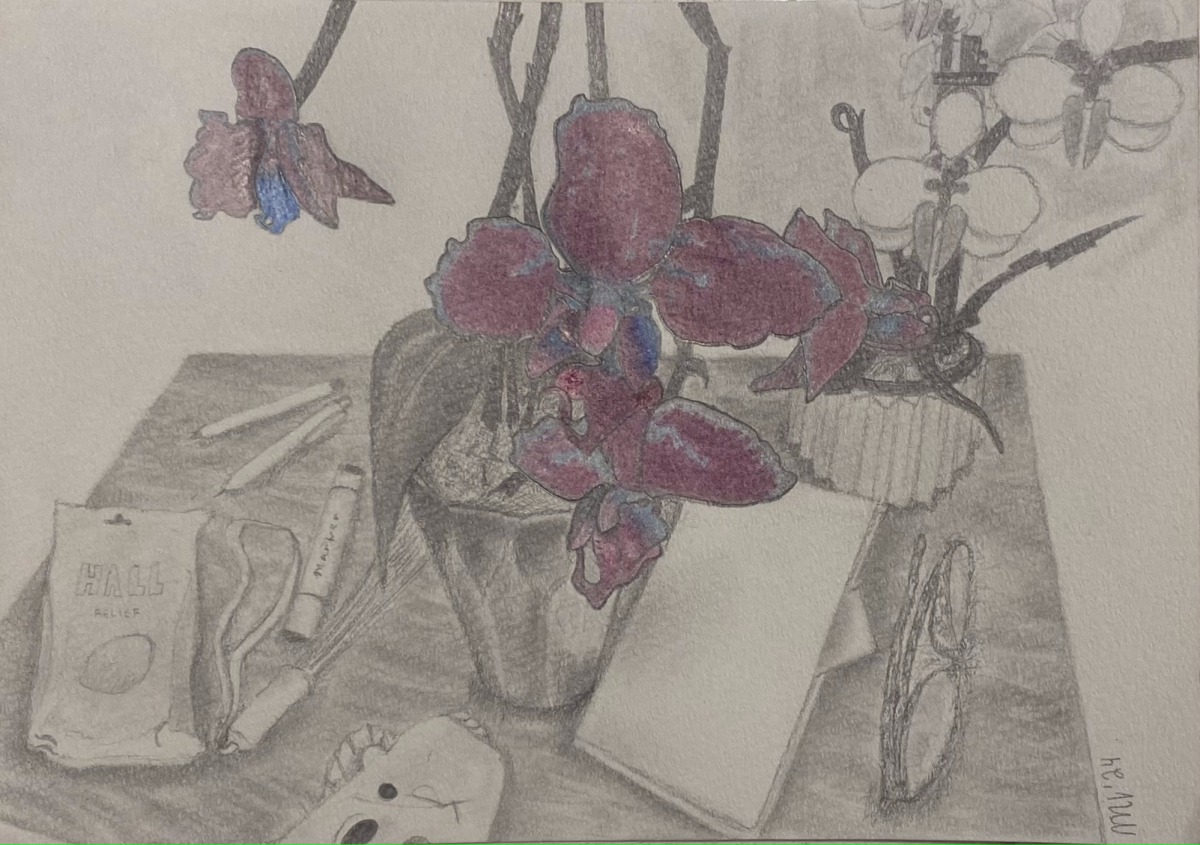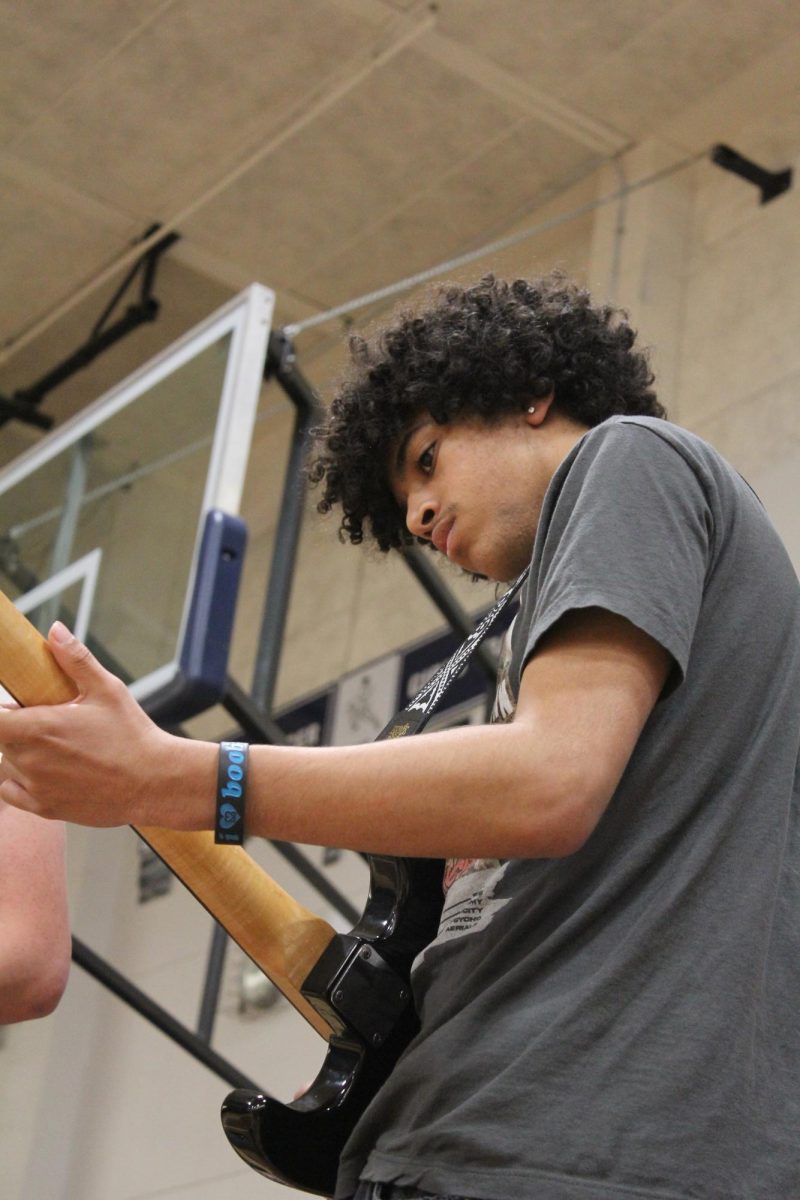How OHS supports Black History Month
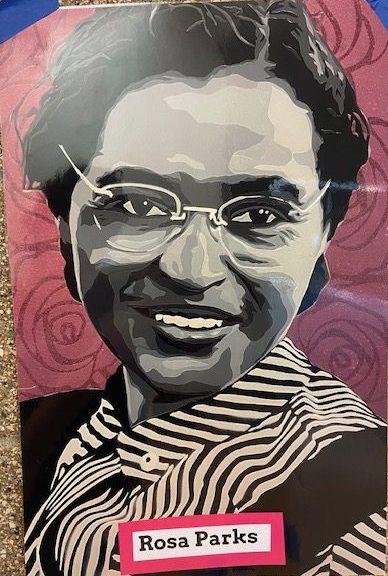
Rosa Parks is a famous American Activist known for refusing to give up her seat for a white person.
Every year, February is celebrated as Black History Month. People all over the country highlight the contributions of Black Americans to our society and culture. Some OHS staff members take time during this month to educate students on Black history and BLM.
Desi Saylors, Health teacher at OHS, informs her students by teaching lessons on Black history. “The more we talk about these topics…and issues, it destigmatizes the conversation and so people are able to talk about it more openly and comfortably because we’ve normalized it.” She’s encouraged other teachers to do the same by sending out emails with lesson plans regarding BLM.
Some teachers at OHS are taking time during this month to educate more on Black history, and Saylors thinks it isn’t good enough. “Tea[ch] them that we can talk about this topic that is so charged for people in a really neutral space. [It’s] the right thing to do so we can make sure all our people are cared for [it] is really essential.”
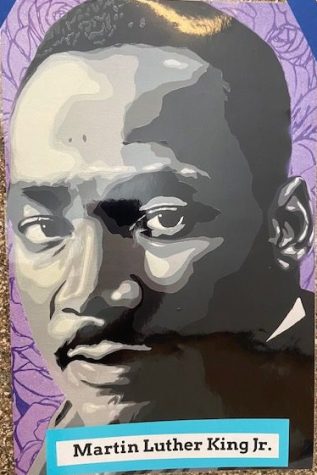
Junior Susan Boache, member of STAND and BIPOC, stated that she wishes more black history was built into lessons. “I feel like if they want to implement knowledge about Black History, it should be put in the curriculum.” Boache also shares her concerns that OHS only focuses on teaching Black history, but doesn’t put in the same energy for other heritages. “I don’t see this for other months like Asian Heritage or Native Heritage.”
Boache and Saylors both agree that educating students is the best way to solve discrimination at our school. “This is a system-wide problem that is going to take collective action to change, which we have the power to incite here,” states Saylors. “We may not have created that problem… but now we have a choice to ignore it or to fix it.”

